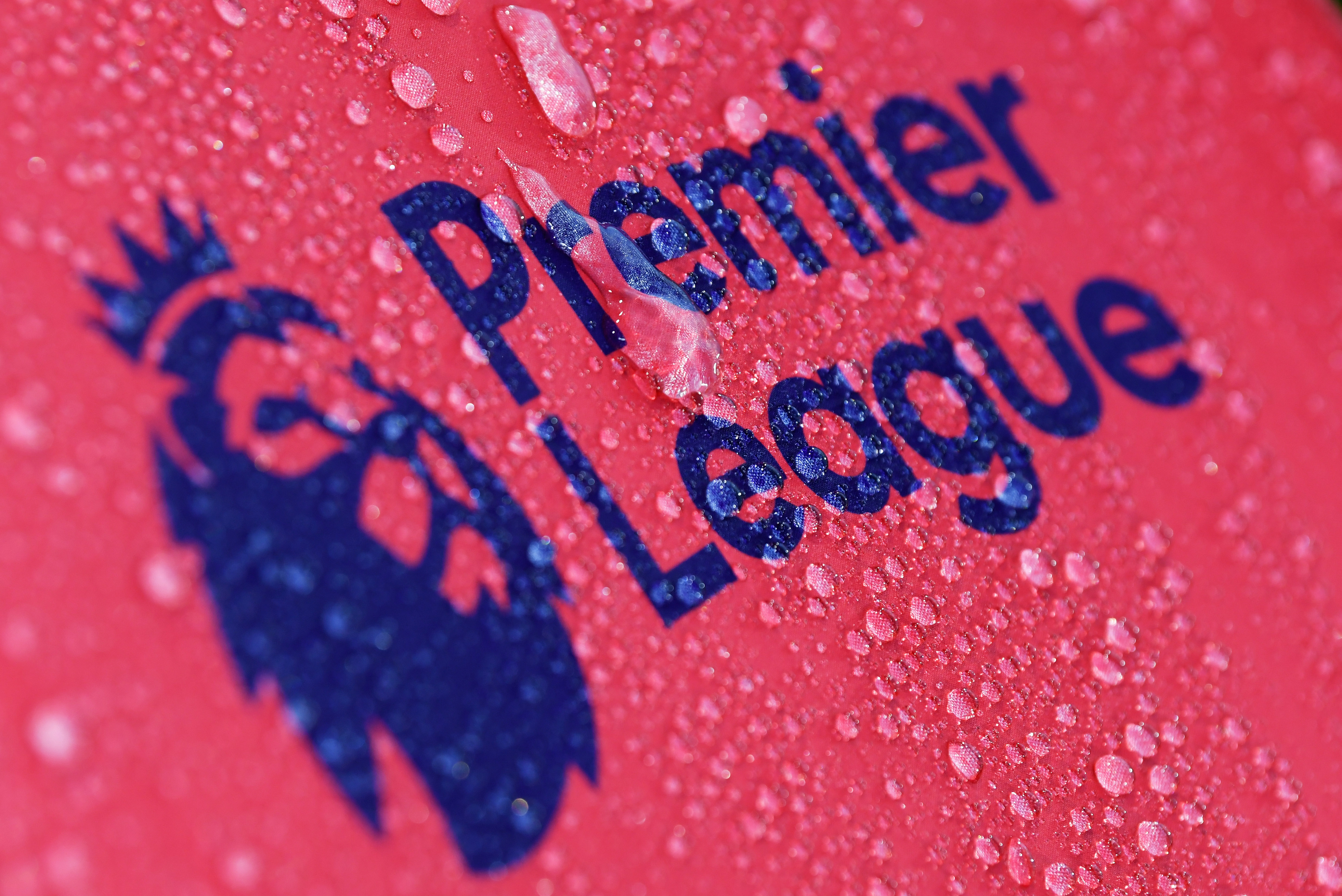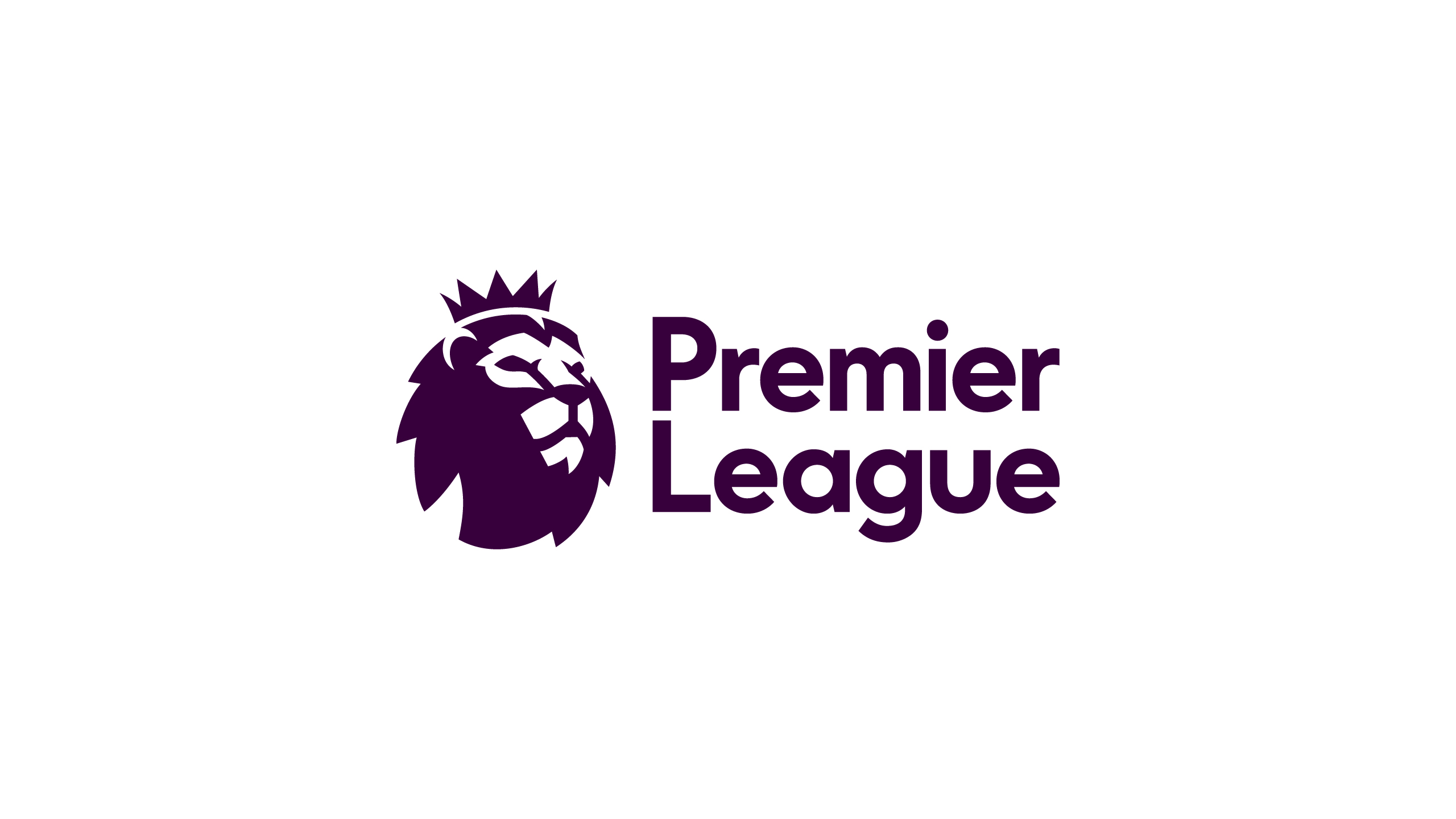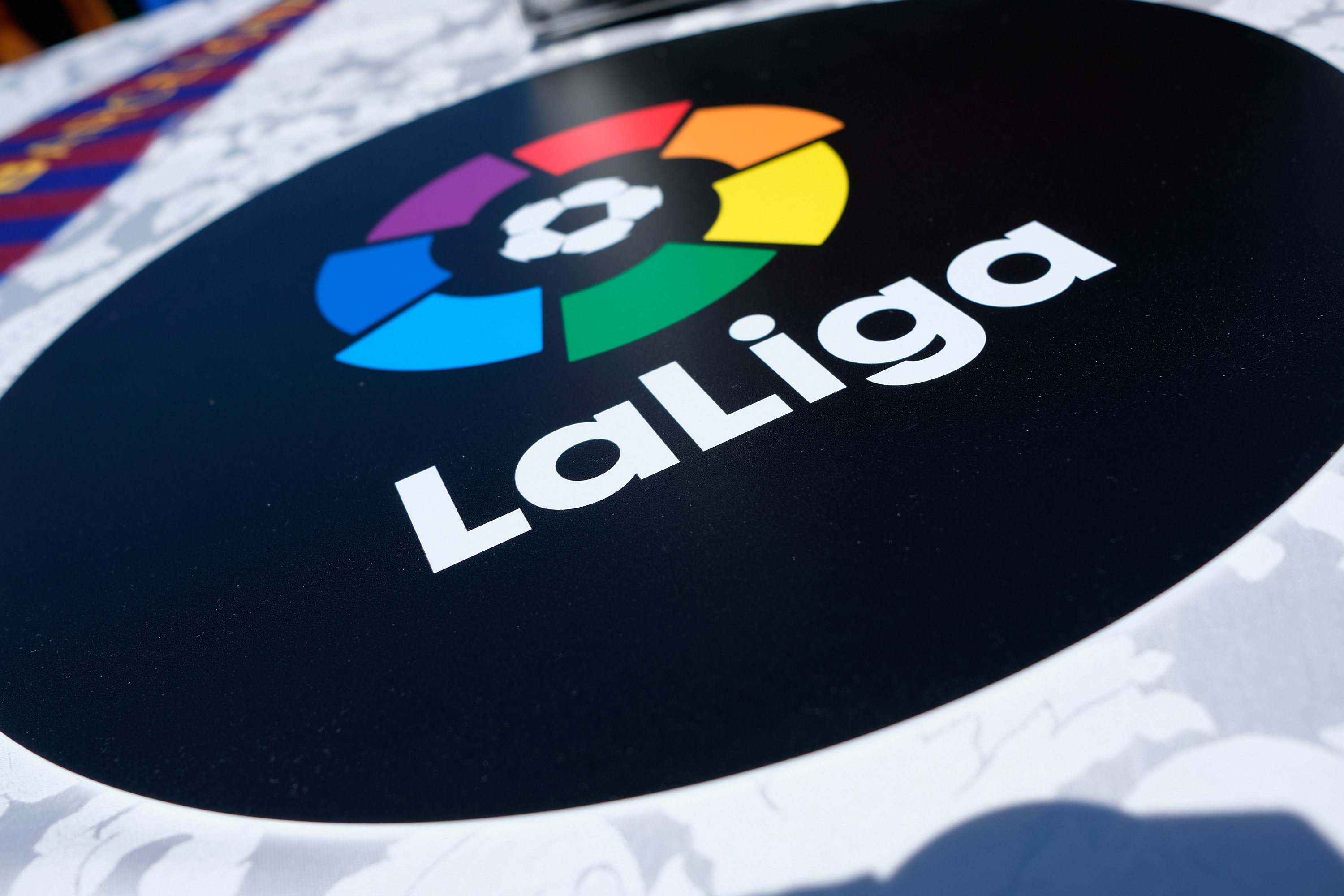This article was originally published in October.
“To be honest, he’s one of my favourite players and when the people ask me about who was the most dangerous striker or who was really a pain in the ass, I always say Didier Drogba”
– Jose Reina, Liverpool FC.
Surely, Rafa Benitez’s rant on Didier Drogba, ahead of the Champions League semifinal clash between Chelsea and Liverpool, had not done any good to Pepe Reina’s curriculum vitae. The powerful Ivorian netted twice past the Three time Barclays Golden Glove winner in that game and has kept a good goal-scoring record against the Merseyside team since then.
The nemesis of Arsenal got under the skin of Arsene Wenger as well. Wenger’s jibe that Drogba “Does not do a lot on the pitch” was readily acknowledged by the hit-man and in return he continues to remain a thorn in Wenger’s team’s side. After the dinky back-heeled goal against Arsenal this season, Drogba has taken his tally to 13 goals in the last 13 matches played against Arsenal.
Didier Yves Drogba Tébily, the Ivory Coast captain, was a late bloomer as a footballer. As a kid, he started playing football as a right back. It was his uncle who saw the potential in him and influenced him to play in a more offensive role. At the age of fifteen, he signed up with Levallois in France. This is where the young Didier Drogba slowly began to make a name for himself.
Drogba signed his first Professional contract with Le Mans, a Ligue 2 club, at 21. Soon his potency was acknowledged by bigger clubs and he shifted base to Marseille after spending a successful year in Guingamp. Jose Mourinho, the man who revamped this Chelsea side, signed him from Marseille for a record breaking fee of £24 million, making him the most expensive player in Ivory Coast’s history.
As a centre forward, Drogba had a lot of deficiencies in his game. His first touch was poor, and so was his ball control and technique. To add to it he was accused of being selfish with the ball. Mourinho understood the forte of Drogba and moulded him in a way so as to focus only on his strengths – speed, acceleration, strength, dribbling, finishing, forward runs and the appetite to score goals. Today Drogba attributes his progress to none other than the ‘Special One’.
For the past six seasons Drogba has only ameliorated his game. During this time, Drogba has scored 137 goals for Chelsea in 268 matches in all competition. He has scored more goals for Chelsea than any other foreign players and is currently on sixth position in Chelsea’s all-time leading goal-scorers’ list. Drogba also holds an all time record of scoring in as many as six domestic Cup finals in England.
Last season he reached the acme of his career, inspiring Chelsea to win the first double in their history by scoring 37 goals in just 44 games. Out of those 37, 29 goals were scored in the premier League itself, helping him win his second Golden Boot award during the period.
Drogba with the Premier League trophy
The powerful Ivorian has terrorized the opposition defenders over the years with his physical presence. One can hardly see a defender getting the better of him physically. The sculpted six feet two has proved to be a good chaser of the ball and more often than not manages to squirm into a goal-scoring position. Arsenal’s Philip Senderos and Silvestre will never forget the presence of the towering forward in their opposition’s line up. Drogba’s mojo puts a menace into Chelsea to such an extent hat Sir Alex Ferguson has once stated: “To stop Chelsea, you have to tame Drogba.”
Age wise Drogba has crossed the Rubicon. But his hunger for more success has helped him maintain his playing level. Under Hiddink and Ancelotti’s tutelage Drogba has been able to shake off the ‘Selfish’ tag. Ten assist along with his 29 goals last season and a hattrick of assists in the second game of the season speak for themselves.
Even though Drogba is not Chelsea’s first choice penalty taker, his goals to game ratio has been phenomenal in recent years, much of which can be attributed to his ability to score from free-kicks. This season Drogba has already netted a scorcher from a neat set-piece. Arsene Wenger would not forget the one that Drogba delivered a season ago, helping Chelsea to win the game by a staggering margin of 3-0 at the Emirates.
Drogba was instrumental in helping Les Elephants qualify for their first ever appearance in the World Cup finals in 2006. Ivory Coast was pitted against Argentina, The Netherlands and Serbia in the group of death. Although Ivory Coast could not qualify for the next round, a resilient Drogba scored a slap-up goal against favorites Argentina to restore some confidence in his team.
Drogba’s commitment for his national team became more intriguing when the Ivorian overcame all uncertainties to declare that he will play in the World Cup 2010. A week before the mega event, Ivory Coast played against Japan in a warm-up game. Drogba helped his team to go one goal up in the game, but moments after his contribution, he unfortunately had to leave the field with a broken arm.
A speedy recovery was ruled out. But Drogba underwent a successful surgery and later participated in the World Cup. He played the tournament with a protective gear supporting his arm. Drogba even managed to score a goal in the game against Brazil and became the first footballer from an African nation to score against the mighty Brazilians.
However, onfield antics have somewhat painted Drogba’s image in a darker shade. His untimely falls, irrespective of which team has the ball and where the striker is present on the field, had become the butt of commentary-box jokes these days. There is no way one can explain how a muscular six-feet-two manages to fall down on the slightest of touches on the field, apparently writhing in pain and gets up in a flash the moment the ball has been played out.
Of course, the mirror has two faces. There have been many instances when he was awfully felled, kicked, elbowed and shoved by the opposition defenders. However, his reputation of falling down easily went against him on those occasions.
Chelsea had to be at the receiving end on quite a few occasions, thanks to the mercurial Ivorian’s impromptu emotional outbursts. Drogba was sent off for slapping Manchester United’s Vidic in Uefa Champions League final in 2008 and the rest they say is history. A season later, Drogba earned a two match suspension from European competition. This time it was for his animated tirade against match official Tom Henning Ovrebo, in front of live camera, after Chelsea failed to qualify for the final of Champions League at Stamford Bridge against Barcelona.
The downfall
Drogba’s antics were, though, defended by team-mate Frank Lampard– “I don’t know what people expect. When you have 11 grown men battling to get to the final and at least three penalty decisions don’t go your way, you can’t expect men to walk off quietly. There was nothing violent, it was just angry because we had worked so very hard to get this far.“
No matter how weird it may seem, but please do not judge the man by his onfield footballing histrionics. If Drogba’s antics have left neutral fans in cold comfort, his association with United Nations could just appear to them as a befitting oxymoron. Reality is always stranger than fiction. He has associated himself with United Nations Development Programme to fight against poverty, gender inequality and human rights.
The Ivorian powerhouse has committed to raise £2.5m to build a hospital in Abidjan, the city in which he lived until he was five years old. In his words: “when I visited a hospital in Abidjan earlier this year, I was shocked by the terrible conditions. We hear about all the incurable diseases, but these kids are just as likely to die from diabetes because there is no insulin available. It was then I decided the foundation’s first project should be to build and fund a hospital giving people basic healthcare and a chance just to stay alive.”
The reigning African footballer of the year is also a part of the most poignant moment in the history of the game. Didier Drogba was inspirational in ending a five-year old civil war in his country. After inspiring Ivory Coast to qualify for the World Cup 2006, Drogba seized the microphone in front of the TV camera, knelt down with his team-mates in supplication and begged the warlords to lay down their arms and organize free election.
If the gesture was not enough, Drogba requested the then president of Ivory Coast Laurent Gbagbo to shift the venue of the next African Cup of Nations qualifier against Madagascar from Abidjan to Bouaké, the centre of power of the rebels who had been fighting Gbagbo’s regime. The president obliged and this time rebel leaders stood alongside Government ministers to sing the national anthem and celebrated Ivory Coasts 5-0 victory over the visitors in unison in a wartorn Bouaké.
Salomon Kalou chanted: “When you’re a leader like Didier, people think maybe he can be a politician someday. If he decides to, he will be a great one. People listen when he’s talking.” He is also inspirational behind a style of music known as Drogba Style and has a village and a brand of chocolate named after him.
Didier has won many plaudits till date but none of them tasted as sweet to him as the moment when he came to know that the club in which he stayed for four years, Levallois Sporting Club, has named its new stadium after him – Stade Didier Drogba. Drogba attended the inaugural ceremony and acknowledged the amatory of the club, from where it all started for him as a footballer.
On one hand, apart from winning games for Chelsea and Ivory Coast, he has been seen haranguing the referee, slapping opponent players, feigning injuries, throwing coins, and diving shamelessly. On the other hand, he has been an active United Nation’s goodwill ambassador, and a peace-maker in his country’s feud. Love him or hate him, you just can’t ignore the enigmatic King of Africa. That’s Didier Drogba for you.






